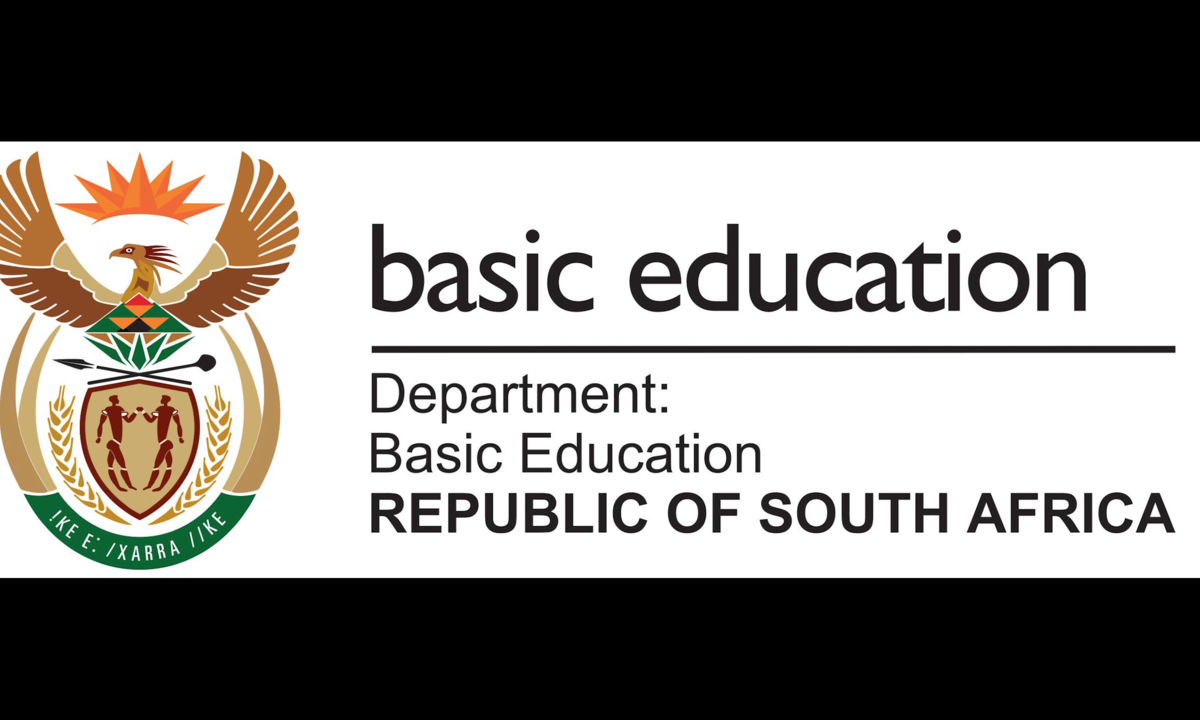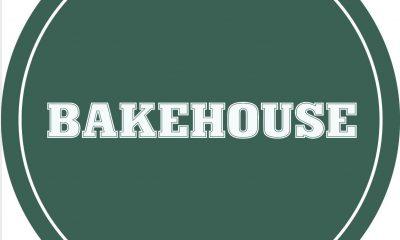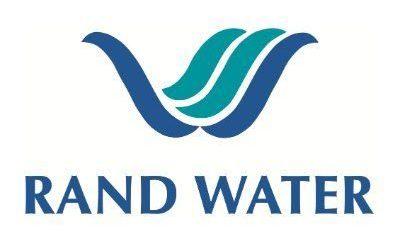News
New School Subjects Being Finalized by the South African Government

New School Subjects Being Finalized by the South African Government. The South African Department of Basic Education is currently developing new subjects, including coding and robotics, as part of revising the Curriculum Assessment Policy Statements (CAPS) as reported by Business Tech. CAPS is a comprehensive policy document that governs the country’s education system. The department has started developing components of the updated curricula to be rolled out on a wider scale.
Coding and robotics are the core focus of a range of new “next-gen” subjects being piloted in South Africa as the education department looks to better equip learners with skills for the 21st century. The subjects are currently being piloted at 18 schools nationwide, with two in each province. Grades 4 to 6 and Grade 8 pilot was implemented in 2022, followed by a Grade 9 pilot in 2023. Full-scale implementation of coding and robotics into the school curriculum for Grades 4 to 6 and Grade 8 is planned for 2024, and the Grade 9s will follow suit in 2025.
According to the department, the fourth industrial revolution (4IR) has necessitated a closer look at the skills required to ensure that young people in South Africa are equipped with such skills and become productive citizens in all sectors of the economy. Accordingly, the department calls for a rigorous implementation of new subjects that include, but are not limited to Robotics, Coding, Machine-learning, Nanotechnology, 3D printing, Genetics, and Biotechnology.
While the department has started to do exciting work in this area, there is still more that needs to be done to better equip schools to take on these subjects and educate teachers to be able to teach them. Therefore, for 2023/24, the department does not plan to expand the robotics and coding pilot project further, with the same 18 schools remaining the key drivers of the pilot.
To support schools and to increase learner participation and success rates in Mathematics, Science, and Technology, including the new coding and robotics subjects, the department will provide ICT equipment, machinery, subject-specific resources, and teacher development to schools each year over the medium term. This will include providing 485 schools, including those in the coding and robotics pilot project, with subject-specific computer hardware and related software, repairing, maintaining or replacing workshop equipment and machinery for technology subjects at 232 technical schools, providing 232 schools with funds for the maintenance of equipment and machinery, and providing 1,256 schools with laboratory equipment, apparatus, and consumables, including manipulatives for Mathematics.
The department will also support 50,000 learners in co-curricular services related to Mathematics, science, and technology, as well as support 1,500 teachers and subject advisers in curriculum assessment policy statement training and 1,000 teachers in structured teacher development programs specific to Mathematics, science, and technology.
Also Read: Demand for energy drinks to be prohibited in schools
The focus on coding and robotics will also work in parallel with the department’s goals to improve reading and comprehension among learners. The department said it would also be supporting the education of teachers in these fields through bursary programs, and it will continue monitoring the pilot schools and the schools receiving ICT equipment to ensure the projects remain on track.
As with the coding and robotics pilots, the department will also pilot occupational and vocational subjects at schools. The department has gazetted 35 occupational and vocationally-oriented subjects for public comment over the past few years. The gazetting was followed in 2021 by submitting these subjects to Umalusi for appraisal and quality assurance. Public comments have been received, and their infusion in the CAPS and the development of Learner Books and Teacher Guides have taken effect, the department said. Among the occupational subjects, the DBE introduced a new FET-level subject, Marine Sciences, and the first cohort of learners taking this subject sat for to ensure successful implementation of these new subjects, the Department of Basic Education plans to provide ICT equipment, machinery, subject-specific resources, and teacher development to schools each year over the medium term.
This includes providing subject-specific computer hardware and software to 485 schools, repairing and replacing workshop equipment and machinery for technology subjects at 232 technical schools, and providing laboratory equipment and consumables to 1,256 schools. The department will also support 50,000 learners in co-curricular services related to mathematics, science, and technology, as well as provide training for 1,500 teachers and subject advisers in curriculum assessment policy statement training and 1,000 teachers in structured teacher development programs specific to these subjects.
Additionally, the department plans to improve reading and comprehension among learners and will also support the education of teachers in these fields through bursary programs. The pilot schools and schools receiving ICT equipment will be monitored to ensure the projects remain on track.
In addition to the coding and robotics pilots, the department will pilot occupational and vocational subjects at schools over the period. The department has gazetted 35 occupational and vocationally-oriented subjects for public comment over the past few years, and these have been submitted to Umalusi for appraisal and quality assurance. Public comments have been received, and their infusion in the CAPS and the development of learner books and teacher guides have taken effect.
Among the occupational subjects introduced are a new FET-level subject, Marine Sciences, and the first cohort of learners taking this subject sat for the first NSC examination, which includes Marine Sciences.
Overall, the Department of Basic Education’s focus on developing new subjects such as coding and robotics, along with providing necessary resources and training for teachers and learners, is aimed at equipping young people in South Africa with skills for the 21st century and ensuring that they become productive citizens in all sectors of the economy.
Also Read:
Photo: Facebook / @Department of Basic Education South Africa






















